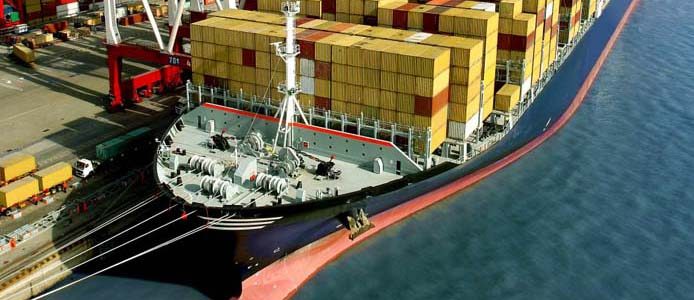- First Floor, 92-Razia Sharif Plaza, Fazal-ul-Haq Road, Blue Area, Islamabad
- +92-51-2344741 & 2344742
- 9AM - 6PM
Safeguard Measures




The Agreement on Safeguards (“SG Agreement”) sets forth the rules for application of safeguard measures pursuant to Article XIX of GATT 1994. Safeguard measures are defined as “emergency” actions with respect to increased imports of A particular product, where such imports have caused or threaten to cause serious injury to the importing Member’s domestic industry (Article 2). Such measures, which in broad terms take the form of suspension of concessions or obligations, can consist of quantitative import restrictions or of duty increases to higher than bound rates. This is one of the three types of contingent trade protection measures, along with anti-dumping and countervailing measures, available to WTO Members.
The guiding principles of the Agreement with respect to safeguard measures are that such measures must be temporary; that they may be imposed only when imports are found to cause or threaten serious injury to a competing domestic industry; that these measures (generally) be applied on a non-selective (i.e. most-favoured-nation, or “MFN”) basis; that those be progressively liberalized while in effect; and that the Member imposing the measures (generally) must pay compensation to the Members whose trade is affected. Thus, safeguard measures, unlike anti-dumping and countervailing measures, do not require a finding of an “unfair” practice and generally must be applied on MFN basis.
In its own words, the SG Agreement, which explicitly applies equally to all Members, aims to:
- clarify and reinforce GATT disciplines, particularly those of Article XIX;
- re-establish multilateral control over safeguards and eliminate measures that escape such control; and
- encourage structural adjustment on the part of the industries adversely affected by increased imports, thereby enhancing competition in international markets.
OUR SERVICES
We also provide services to our clients relating to safeguard measures. When domestic industry of Pakistan is threatened to face serious injury due to sudden surge of imports of a particular product. We have the expertise to complete the challenging assignments in stipulated time period. The services include but not limited to:
- Identification and analysis of problems being faced by the domestic industry/applicant.
- Preparation of various injury factors as given in the safeguard legislation by analyzing the operational results and financial position of the domestic industry with respect to the product concerned.
- Analyzing facts about various injury factors and firming up injury caused to the domestic industry.
- Collection and analysis of import data of the product concerned and its comparison with the domestic industry prices and sales volume to develop causal link of imports with the injury.
- Assisting the domestic industry during on-the-spot investigation by the officials of the Investigating Authority.
- Attending hearings on behalf of the domestic industry and responding to submissions by other interested parties.
- Making Liaison with the concerned government authorities and industrial associations where necessary.
- Responding to all queries of the Investigating Authority on behalf of the domestic industry.
- Assisting and guiding the exporters/foreign producers in preparation and filing of exporters questionnaire.
- Preparing and filing comments on the application filed by the domestic industry.
- Identify and submit other factors of injury to the Investigating Authority on behalf of the exporters.
- Assisting the client during on-the-spot investigation by the officials of the Investigating Authority.
- Attending hearings and make submissions and rebuttals on behalf of the exporters.
- Making Liaison with different government authorities concerning matters arising from filing of safeguard application by the domestic industry.
- Responding various queries of the Investigating Authority during the investigation.
- Guiding the importers to fill up importers questionnaire.
- Preparation and submission of written comments on the application filed by the domestic industry on behalf of the importers.
- Representing importers in hearings before the Investigating Authority.
- Making Liaison with the Investigating Authorities and concerned associations, if any.
- Preparation and submission of comments on provisional determination.
- Giving counter arguments on the injury claimed by the applicant with reference to various injury factors.
- Identification and submission of other injury factors to the concerned Authority.
- Responding all queries raised by the Investigating Authority during the investigation.

Turn Knowledge into Value
Related Services
- Antidumping Measures
- Subsidies and Countervailing Measures
- Safeguard Measures
- International Trade Management System (ITMS)
- International Trade Agreement Advisory (ITAA)
- Foreign Trade Development (FTD)
- Trade Related aspects of intellectual Property Rights (TRIPs)
- Data Protection & Cyber Security
- Foreign Investment Advisory Services